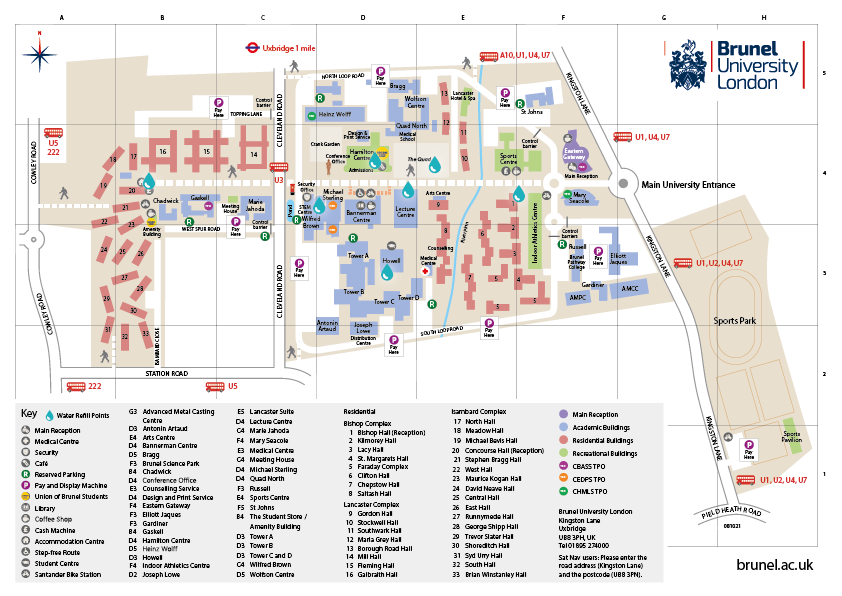50% of plastic is used only once before it’s disposed of, unfortunately as a non-biodegradable product the final resting place for plastic is typically the ocean. The plastic pieces are broken down into microplastic, which unfortunately is sometimes ingested by fish – 60% of fish worldwide is thought to contain plastic. 8 million tons of plastic pollution enters the ocean everyday with approximately 50-70 trillion pieces of microplastic present on the ocean floor.
Reusable Products
- Eco Gift Wrap – A lot of wrapping paper contains plastic (especially those laminated, foil blocked of with glitter) ends up in a landfill. As an alternative you can purchase reusable gift bags or brown paper.
- Eco Cleaning Supplies – Cleaning products is often full of toxic ingredients and wrapped in single use plastic. Unfortunately, these products typically end up in landfills. Purchase refillable and eco friendly cleaning products. When doing laundry buy non-toxic and biodegradable laundry tablets
- Eco Period Products - Many sanitary products contain up to 90% plastic with tampons often having plastic wrapping and applicators. Reusable period products such as menstrual cup, reusable pads and period pants are good for both your purse and the planet.
- Tupperware
Plastic Free Alternatives
- Biodegradable bin bags
- Bar Soap
- Face Cloths
- Shampoo Bars
- Wooden Toothbrushes
- Deodorant Bars
- Loose Fruit & Vegetables (not pre-packaged)
- Local Milk Delivery Services
Refill, Rehydrate & Refuel
On campus there are 7 water fountains. There are 4 in the library (1 on each floor), 1 on The Quad, 1 in each of the the communal kitchens, 1 in the Sports Centre. Additionally, you can refill your water bottle in Locos.
All of the coffee shops (e.g. Starbucks, 1966, The Coffee Room & Locos) promote re-usable travel mugs and offer a discount to students

Recommended Reading
- Turning the Tide on Plastics – Lucy Siegle
- It’s Not That Radical – Mikaela Loach
- Consumed: The need for collective change; colonialism, climate change & consumerism – Aja Barber
References
https://www.savethestudent.org/save-money/food-drink/reduce-plastic-challenge-save-money.html
https://www.savethestudent.org/shopping/reduce-carbon-footprint.html
https://www.savethestudent.org/save-money/health/cheap-ways-keep-cool-heat-hot-weather.html
https://www.savethestudent.org/make-money/how-to-earn-money-from-walking.html